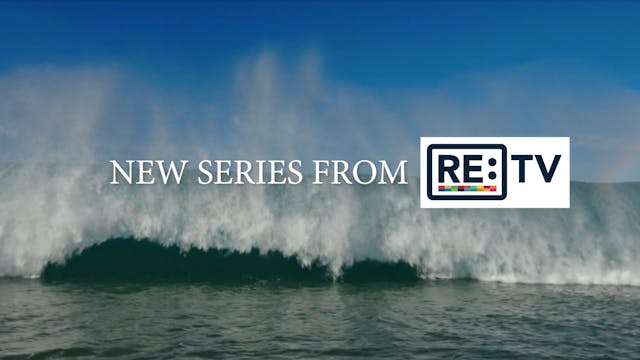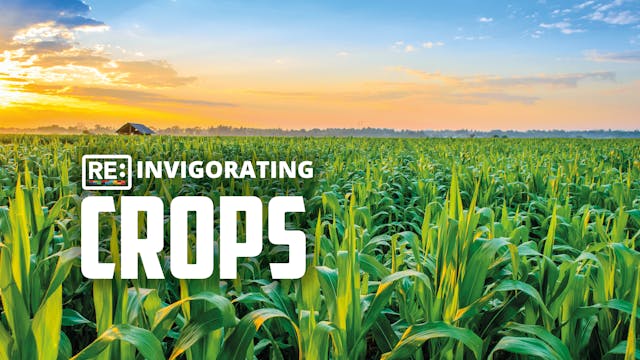Reconnecting Ecosystems
RE:TV
•
8m 30s
Despite making up only around 5% of the world’s population, indigenous people protect an estimated 80% of the planet’s remaining biodiversity.
The Ngarrindjeri have lived near Lake Albert in Coorong National Park in South Australia for generations, but the area’s unique wetlands ecosystem is under threat, degraded by intensive agriculture and climate change. Now the Ngarrindjeri are working with restoration specialists Cassinia to protect this sacred landscape.
Cassinia builds on the traditional knowledge and skills of indigenous people, developing new business models so the Ngarrindjeri and others can play their part as guardians of the land. Instruments like carbon credits offer a new way of placing a financial value on natural capital, incentivising and rewarding indigenous people for looking after the land they live in. This model could help protect and restore land owned and managed by indigenous people all over the world.
Up Next in RE:TV
-
Refuelling Aviation
Using bacteria to create Sustainable Aviation Fuel from captured carbon
With 2.5% of global CO2 emissions generated by the aviation sector and 100 million gallons of jet fuel used each year by commercial airlines, decarbonising aviation fuel is essential if we are to achieve a Net Zero future.
Ba... -
New Series from RE:TV
In this second offering RE:TV highlights some of the inspiring innovations and ideas that are emerging in response to the climate and biodiversity crisis.
RE:TV was announced at the World Economic Forum at Davos in January 2020 by His Majesty King Charles III (then HRH The Prince of Wales) along... -
Reinvigorating Crops
Plants are essential to human survival, but the climate and biodiversity crisis means that 40% of all plants are facing extinction, and many of the food crops we rely on are struggling to adapt to the changing environment. Finding ways of helping crops become more resilient to extreme conditions ...



